
The Stanley Kubrick Archives
Book
The Kubrick filesFrom the archives of cinematic geniusIn 1968, when Stanley Kubrick was asked to...
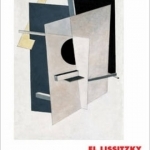
El Lissitzky: The Experience of Totality
Book
This is a fascinating and sumptuously illustrated overview of the work of El Lissitzk, one of the...
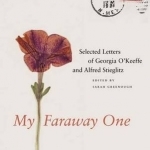
My Faraway One: Selected Letters of Georgia O'Keeffe and Alfred Stieglitz: v. 1: 1915-1939
Book
There are few couples in the history of 20th-century American art and culture more prominent than...

The St Ives Artists: A Biography of Place and Time
Book
St Ives is unique in the story of modern art in Britain - and perhaps anywhere in the world. No...
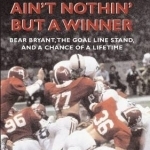
Ain't Nothin' but a Winner: Bear Bryant, the Goal Line Stand, and a Chance of a Lifetime
Book
No university has won more football championships than Alabama, and Barry Krauss played a key role...
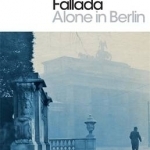
Alone in Berlin
Hans Fallada and Michael Hofmann
Book
Inspired by a true story, Hans Fallada's Alone in Berlin is the gripping tale of an ordinary man's...
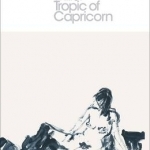
Tropic of Capricorn
Book
A cult modern classic, Tropic of Capricorn is as daring, frank and influential as Henry Miller first...

Do Not Say We Have Nothing
Book
WINNER OF THE SCOTIABANK GILLER PRIZE 2016 LONGLISTED FOR THE BAILEYS WOMEN'S PRIZE FOR FICTION 2017...

Oswald Boelcke: Germany's First Fighter Ace and Father of Air Combat
Book
Oswald Boelcke was Germany's first ace in World War One with a total of forty victories. His...
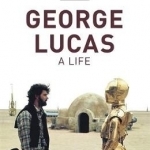
George Lucas
Book
George Lucas by Brian Jay Jones is the first comprehensive telling of the story of the iconic...